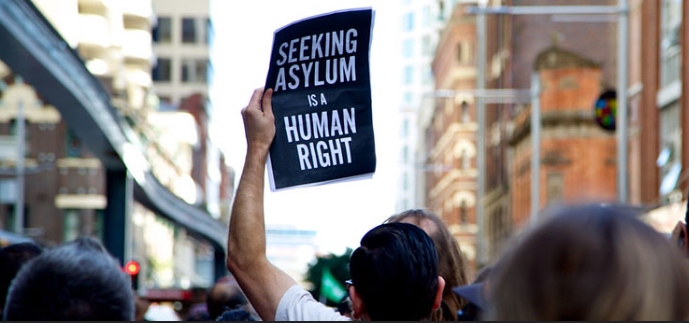The UK government has officially suspended its controversial asylum plan with Rwanda, a scheme that would have seen individuals seeking refuge in the UK transferred to the East African nation for processing. The policy, initially intended as a deterrent against illegal migration, has faced widespread criticism for violating international human rights standards, particularly regarding the right of asylum seekers to have their cases heard in a fair and just manner.
The decision comes after significant legal challenges and public outcry. Critics have argued that forcibly sending individuals to Rwanda without properly considering their asylum claims is a breach of fundamental human rights. The move has raised concerns about the potential for such actions to create a dangerous precedent where individuals are deported without access to adequate legal protections or the opportunity for a fair hearing.
With the Rwanda deal now effectively terminated, there are hopes that the UK will pursue a more humane approach to managing asylum seekers. Instead of viewing the relationship with Rwanda purely as a transactional arrangement based on migration control, there is an opportunity for both nations to develop a more balanced and mutually beneficial trade partnership. Such a partnership would ideally focus on business and trade, while respecting the rights and dignity of individuals seeking asylum.
This change marks a shift towards a system that prioritizes human rights and fairness, aligning the UK’s policies with international law and providing asylum seekers the opportunity to have their cases properly heard and evaluated. As the UK seeks alternative solutions to its immigration challenges, there is increasing pressure for policies that both protect the rights of individuals and contribute to global cooperation on migration issues.
Picture by Greens MPs on Flickr | CC BY-NC-ND 2.0



